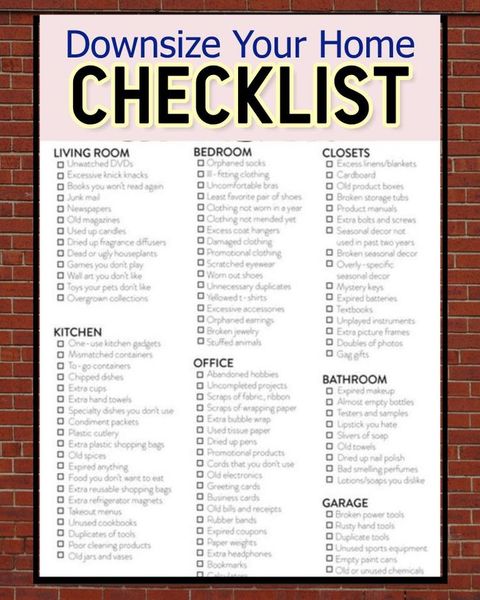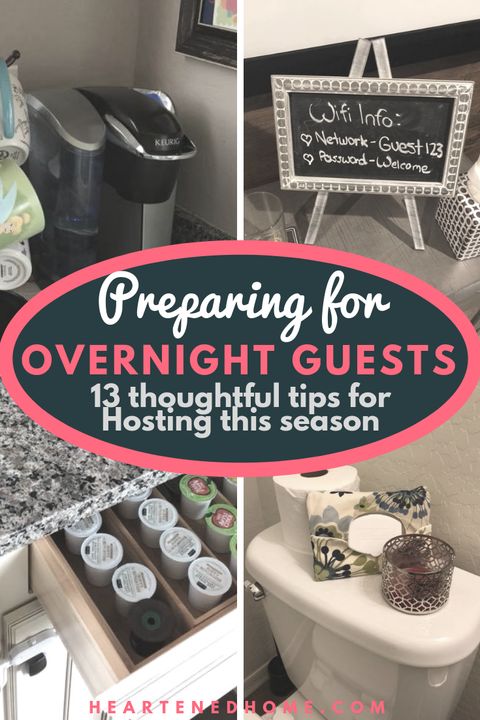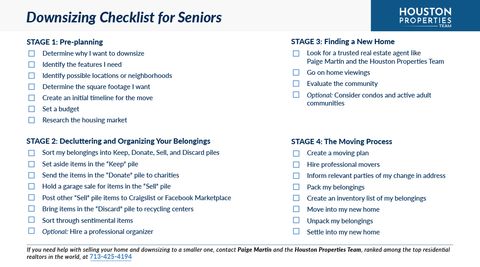Picture this: You’ve decided to downsize your home, maybe move from a sprawling four-bedroom house to a cozy two-bedroom apartment. Suddenly, you’re faced with a dilemma that many people encounter during home reduction – how do you still welcome friends and family when you no longer have that extra bedroom? It’s not just about space anymore; it’s about creating memorable experiences within limitations.
Moving to a smaller home often comes with unexpected challenges. One of the most common ones is figuring out how to accommodate guests without compromising your new lifestyle. Whether you’re downsizing due to financial reasons, retirement, or simply wanting to simplify your life, managing guest accommodations becomes a crucial skill. It’s not just about finding a place for someone to sleep – it’s about maintaining relationships while respecting your new living constraints. This isn’t about being stingy or unfriendly. It’s about creative problem-solving and thoughtful communication.
Understanding the New Reality
When you reduce your living space, you’re not just changing square footage – you’re changing your entire approach to hospitality. The days of having a dedicated guest room with its own bathroom are behind you. Instead, you might find yourself using the living room as a temporary sleeping area, or perhaps converting your home office into a guest space. This shift requires mental adjustment and practical planning. Consider the types of visitors you typically host. Are they family members coming for extended stays, or friends stopping by for a quick visit? Understanding these patterns helps you prepare accordingly. Some people discover they actually prefer intimate gatherings rather than large parties. Smaller spaces naturally encourage conversation and connection.
Communication Is Key
Before anyone arrives, have honest conversations about expectations. Let guests know about your new living situation early. Tell them about the space limitations, and ask about their needs. For example, if you’re hosting someone for a weekend, discuss whether they’d prefer to sleep on a sofa bed or in a separate area. Many people are surprisingly flexible when they understand the situation. They might even appreciate the opportunity to spend more quality time with you in a smaller setting. You could say something like, ‘We’re in a smaller space now, but we love having you stay with us. What would work best for you?’ This openness builds trust and prevents disappointment. It’s better to set expectations upfront than to have guests feel uncomfortable or frustrated later.
Creative Sleeping Solutions
Modern living solutions offer many options for accommodating guests in compact spaces. Sofa beds have evolved significantly – they’re more comfortable and stylish than ever before. Consider investing in a high-quality one that looks good during the day and functions well at night. Another option is the Murphy bed – a wall-mounted bed that folds away when not in use. This solution works especially well in small apartments or converted spaces. If you have a dining room table, some people use it as a sleeping area for guests. Just ensure there’s enough room for people to get in and out comfortably. Even a small trundle bed in the living room can work wonders. The key is choosing solutions that blend with your existing decor and serve multiple purposes.
Maximizing Limited Space
Think of your smaller space as an opportunity rather than a limitation. Every corner can serve multiple functions. A hallway might become a temporary bedroom area with a folding screen and bedding. A closet could house a small guest bathroom setup. Even under-stair storage can provide space for guest items. The trick is to plan ahead. If you know someone will be visiting, start preparing the space a few days in advance. Clear out clutter, set up sleeping arrangements, and organize necessary items. Sometimes, guests appreciate seeing how you’ve creatively transformed your space. They might even suggest new ideas for maximizing their own homes. Think about what makes your space special – maybe it’s the view from a window or the character of the kitchen. Highlighting these features can make the visit more memorable.
Setting Boundaries and Expectations
Downsizing means redefining your personal boundaries. You might not be able to host large gatherings like you used to, but you can still create meaningful connections. Let guests know about your daily routines, meal times, and quiet hours. This transparency helps everyone adjust to the new dynamic. For instance, if you’re working from home, let them know when you’ll be available for conversation. If you’re trying to save energy by limiting activities, share that with guests. Setting realistic expectations helps prevent misunderstandings. It’s perfectly fine to say, ‘We’re keeping things simple right now,’ rather than feeling guilty about not having the same amenities. Sometimes, less truly is more when it comes to hospitality.
Building New Hospitality Habits
This transition period offers a chance to develop new ways of entertaining. Maybe you’ve discovered that small group dinners are more enjoyable than large parties. Perhaps you’ve learned to host guests in different rooms of your home instead of relying on one designated space. These changes might lead to more intimate conversations and deeper connections. Try hosting themed dinner nights or game sessions instead of formal gatherings. You might find that you’re more present with guests when you’re not trying to impress them with grand gestures. Focus on creating genuine moments rather than elaborate setups. Simple things like sharing a home-cooked meal or playing music together can be incredibly meaningful.
Managing guest accommodations during a home reduction isn’t about sacrifice – it’s about reimagining hospitality. When you embrace the challenge, you often discover that smaller spaces can foster more authentic connections. The key lies in preparation, honest communication, and creative thinking. Remember, your guests want to spend time with you, not necessarily in luxurious surroundings. By focusing on the relationship rather than the space, you’ll find that your new smaller home can actually enhance rather than diminish your ability to host. The experience of adapting to this change might even inspire others to think differently about their own living situations. It’s not about having less – it’s about making the most of what you have.




















